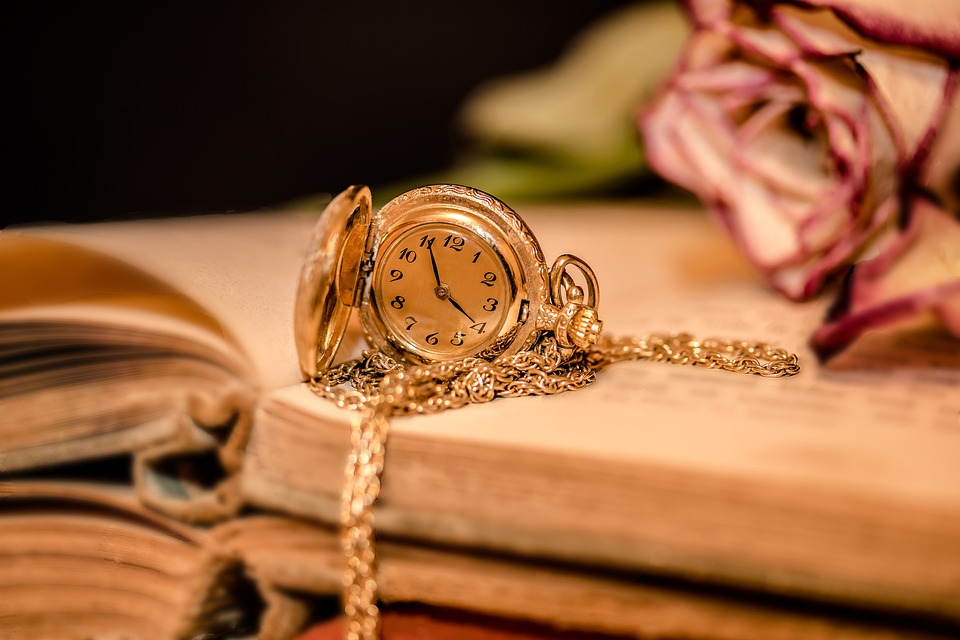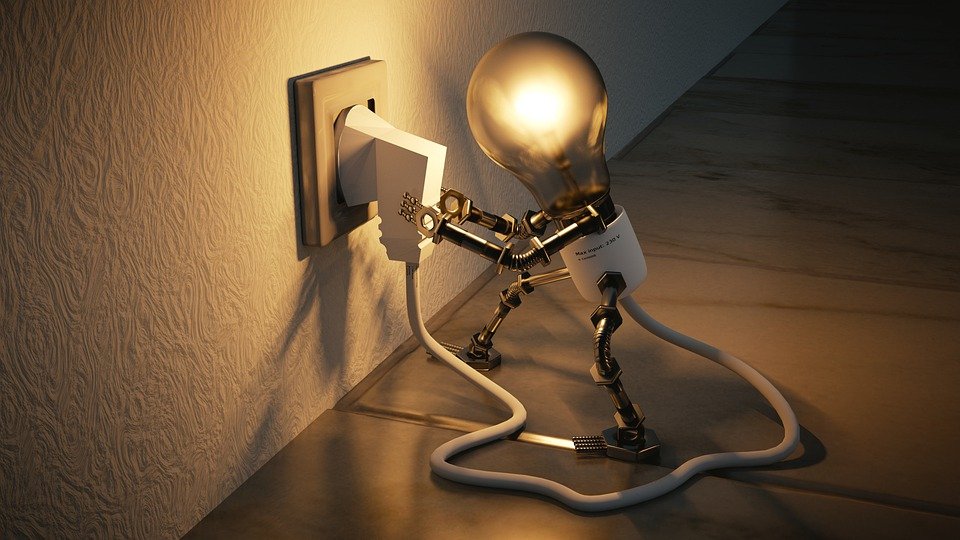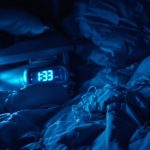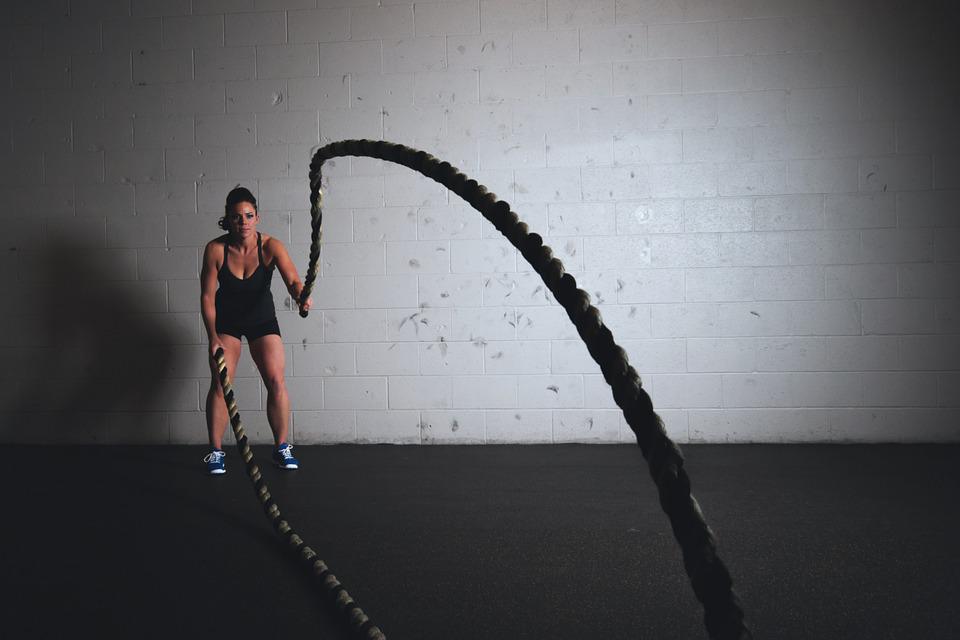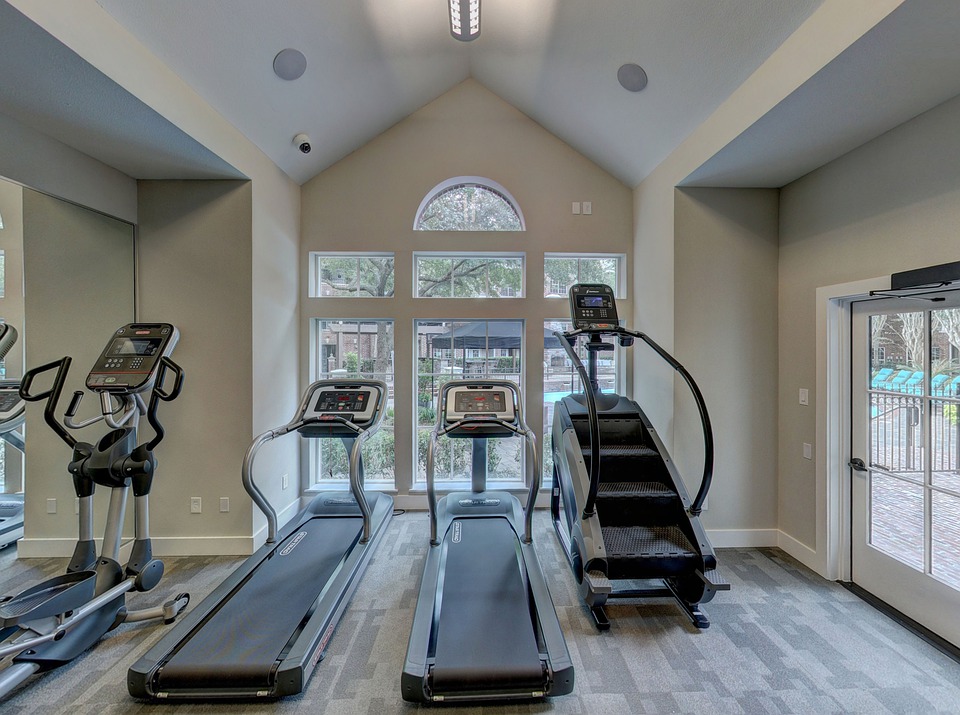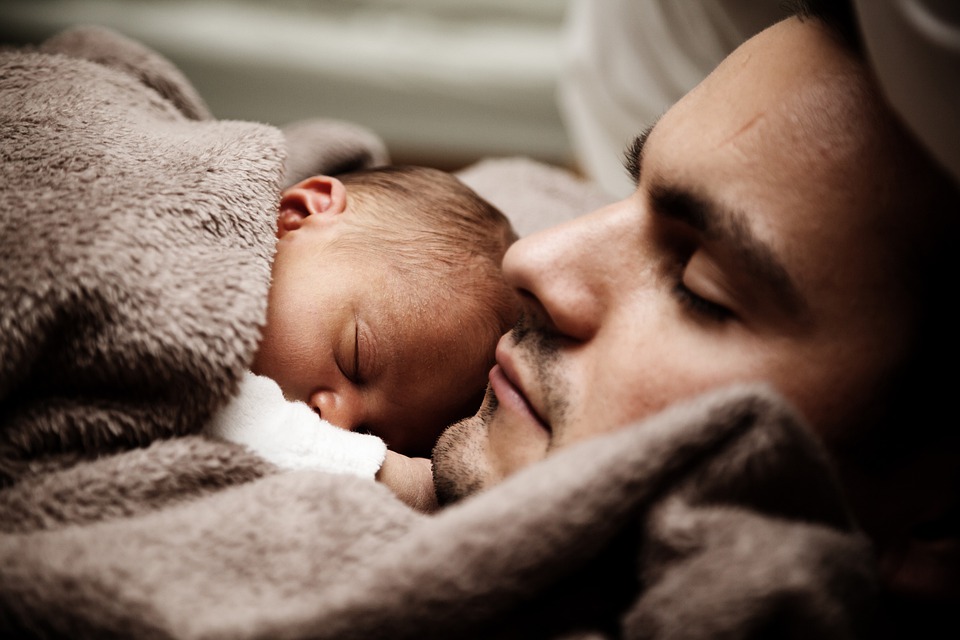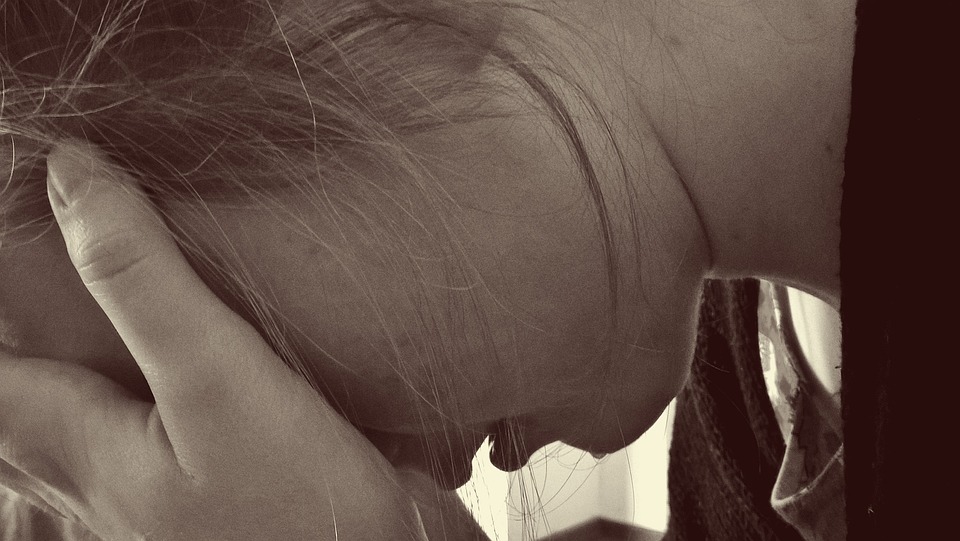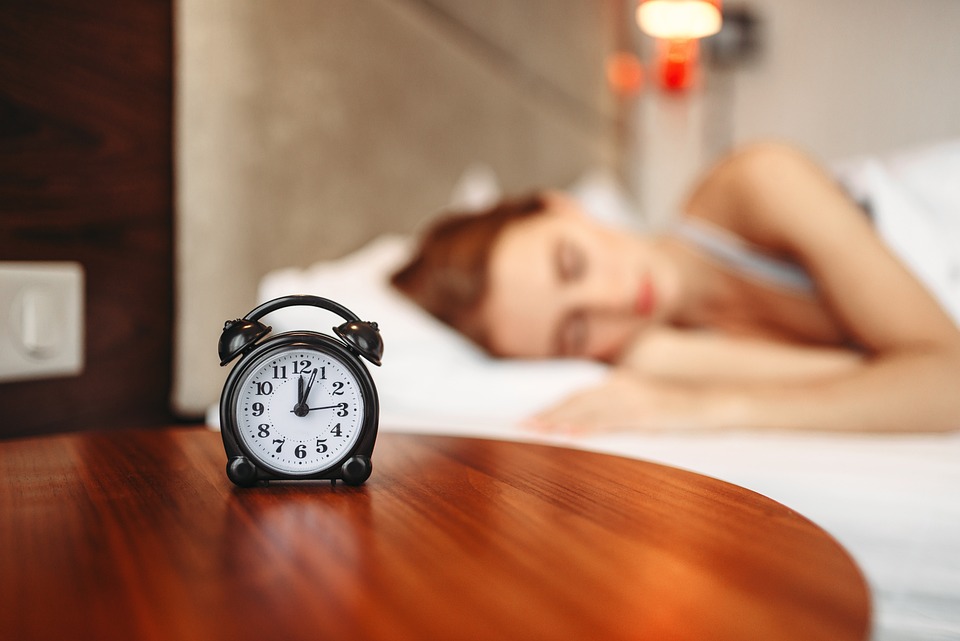
Why Do I Feel Tired During the Day?
What is preventing you from being your best?
There are two main reasons why you may feel more awake during the day: low sleep debt and circadian alignment. If just one of these things is not working properly, you will probably feel like you have no energy during the day.
Here’s what they are and how they work.
Sleep Debt
Sleep debt is the amount of sleep your body needs to catch up on over the past two weeks. How does sleep debt relate to staying awake when it’s bright outside?
Two words: Sleep pressure. Our bodies encourage us to sleep in order to get the rest we need. The homeostatic sleep drive is a process in which sleep pressure builds up during the day and subsides at night. The more time you are awake, the more adenosine will build up in your brain, making you feel more tired.
You can only reduce sleep pressure by getting enough sleep.
When someone does not get the amount of sleep they need each night, it does not help reduce the amount of sleep pressure they are under. Instead, you’re accruing sleep debt. Sleep deprivation makes you feel more tired when you wake up and have less energy during the day.
If you’re feeling sluggish and tired throughout the day, you may be experiencing high sleep debt.
The RISE app can tell you how much sleep debt you have. RISE calculates your unique sleep need so you have a target to aim for each night. The app then calculates how much sleep debt you have. We recommend keeping your daily sleep duration below five hours to feel and perform your best and improve your energy levels throughout the day.
Although going without sleep can affect your energy levels, it is not the only factor.
Circadian Rhythm — The Other Missing Piece
Your circadian rhythm has a big impact on how you feel. Your circadian rhythm is your body’s internal clock that tells you when it’s time to sleep or wake up.
If you don’t stick to a regular sleep schedule, it will be hard to get good sleep at night because your body’s natural sleep rhythm will be disrupted.
The reason why you feel more energetic at certain times of the day and more tired at others is because of your circadian rhythm.
PSA: Your energy levels will naturally peak and dip as the day goes on, which is perfectly normal. There is one dip that everyone experiences, regardless of whether they have had a good night’s sleep or eaten a healthy lunch.
The Afternoon Slump
When afternoon arrives, you’re probably yawning and your eyes feel heavy. In other words, it’s the dreaded afternoon slump.
However, the afternoon decrease is to be expected. True, those who wake up very early may start to feel tired around noon, and those who stay up very late at night will probably feel the consequences in the late afternoon. No matter what time of day you feel most awake and alert, everyone experiences a lull in energy in the afternoon. It’s not just because of the lunch you ate.
After all, you’ve been feeling great and using a lot of mental energy. What goes up must eventually come down. A high-carb lunch can make the afternoon slump worse, as it causes your blood sugar levels to rise and leads to an energy crash.
The afternoon dip is caused by a decrease in circadian alertness signals. From the moment you wake up, light prompts your brain to release chemicals that make you more alert. These signals promote wakefulness to counter sleep pressure.
The level of circadian alerting signals naturally goes down at certain times of the day, which corresponds to the rise and fall of your circadian rhythm. For many people, there are two notable dips in energy levels throughout the day. The first one typically happens a few hours after lunch, resulting in that mid-afternoon slump. During this time, you have less energy and are more likely to feel sleepy and yawn because of the combination of your lowered circadian alerting signals and the rising sleep pressure.
If you’re feeling tired in the afternoon, it’s likely due to your natural biology.
Sleep Debt and Circadian Rhythm Team Up
Both your sleep debt and circadian rhythm play a role in how alert you feel during the day.
Your circadian rhythm is responsible for your sleep and wake times, which in turn affects how long you sleep. If you do not sleep at times that match your natural sleep rhythm, you will not get enough sleep. This means that you have not been getting enough sleep, which makes it harder to stay awake during the day.
Not getting enough sleep leads to a decrease in energy levels. The way you feel throughout the day is directly impacted by your sleep pattern. If you are not well rested, you will feel tired and will not perform as well as you would if you were well rested.
In other words, getting more sleep and sticking to a regular sleep schedule will make you feel more alert and energetic during the day.
How Can I Make Myself Feel More Awake?
This article provides tips on how to feel more awake based on science.
1. Lower Your Sleep Debt
Your energy levels each day are largely determined by how much sleep debt you have. Although most of us are aware of the importance of sleep, few of us know exactly how much sleep we need.
Everyone’s sleep need is different, too. Most people need around 8 hours and 10 minutes of sleep a night, but some may need up to 9 hours.
Determine the number of hours of sleep you need and compare this number to the hours of sleep you actually get. If you are owed more than five hours of sleep, work on reducing this sleep debt.
You can do this by:
- Taking naps
- Going to bed a little earlier
- Wake up a little later
- Maintaining good sleep hygiene — this will improve your sleep efficiency (or how long you spend in bed actually sleeping), meaning you get more sleep overall.
2. Sync Up with Your Circadian Rhythm
If you’re getting enough sleep but still feel exhausted, it may be because your body is out of sync with your natural sleep cycle. The RISE app predicts your daily circadian rhythm. This will assist you in deciding when it is best to go to bed, wake up, and when you will be most and least productive.
You can better manage your time if you are aware of your body’s natural rhythm. This means that you should plan to do your most demanding tasks when you have the most energy and save the easier tasks for when your energy is low.
What are dip-friendly activities? Tasks that do not require much mental effort, such as watching a lecture or completing administrative work.
3. Nap (Responsibly)
Napping can help you catch up on missed sleep, improve your alertness, and make you feel more rested. Although it may seem like there is an art to napping, there is actually a science to it that takes your personal needs and circumstances into account.
- Replacement napping: This type of napping is conducive to paying down sleep debt. Power naps of 10-20 minutes boost energy for 1-2 hours sans the wake-up drowsiness. Deeper naps of 40-90 minutes provide longer energy spurts but are much likelier to incur grogginess.
- Prophylactic napping: You can also nap in anticipation of sleep deprivation. This is especially popular among the night-shift crowd but works just as well in any circumstance when you know you won’t be meeting your sleep need. Not only does it keep sleep debt low, but it also optimizes alertness, mood, and performance better than a cup of coffee.
- Appetitive napping: This is the proverbial pick-me-up when you aren’t napping to counter sleep deprivation, now or later. It may seem frivolous, but science shows appetitive naps — on top of a good night’s sleep — offer significant health benefits in terms of mood, alertness, and cognition.
If you take a nap too close to bedtime, it will be harder for you to fall asleep at night. This could make you even more tired the next day. To avoid this, take a nap during the afternoon when you start to feel tired.
4. Get some bright light exposure first thing
Light is one of the brain’s main signals that it is time to be awake. This is especially important when you are trying to stay awake after a bad night’s sleep. According to behavioral sleep expert Carleara Weiss, Ph.D., MS, RN, starting the day with bright light can help our biological clock reset and essentially charge its battery to keep us going during the day. There are a few things you can do to make waking up in the morning easier, like turning on the lights and opening the blinds, or using a light-therapy box or sunrise alarm clock.
The best thing to do would be to go outside and enjoy the sunlight. Clinical psychologist Michael Breus, Ph.D., says that not only will sunlight help turn off the melatonin faucet in your head, but also, the fresh air will help wake you up. If you want to have more energy in the morning, take a walk. This will also make you more likely to want a big breakfast.
5. Make it a point to hydrate
The act of sleeping causes dehydration, says Dr. Breus. You’re not just resting when you sleep, your body is working hard to restore itself. The fact that you are dehydrated when you wake up in the morning is a good enough reason to drink a glass of water. If you are feeling particularly sluggish, consider it more necessary to do something about it.
6. Move your body
You can improve your body clock by doing any type of exercise, indoors or outdoors, according to Dr. Weiss. If you genuinely enjoy moving around, you’ll improve your mood and energy levels simultaneously, Gretchen Rubin says. Rubin is the host of the Happier with Gretchen Rubin podcast and the founder of the Happier app. Exercise causes the release of a number of positive neurotransmitters, including serotonin and norepinephrine, with endorphins being released if the workout lasts for approximately an hour.
Waking up feeling groggy? Try stretching or a short yoga flow to get your blood moving. And if you feel tired and lethargic later in the day? Dr. Breus recommends that you try moving your body for a minute or two every hour.
7. Hop into a cold shower
The sudden shock of cold water can be very effective in snapping you out of a daze. Clinical psychologist Li Åslund, Ph.D., who is a sleep expert at the sleep-tracking app Sleep Cycle, suggests that if you can bear it, a cold-water shower (or just a cold-water face wash) may help you to become more alert when you desperately need it.
8. Cross one simple thing off your to-do list early in the day
Being productive can give you a quick boost of energy and motivation for the day ahead.
According to Rubin, if you can force yourself to do something that you have been procrastinating on, like sorting through your mail or taking out the recycling, as soon as you wake up in the morning, it will give you a burst of energy and motivation. This is similar to the idea that if you accomplish one thing, it will be easier to accomplish the next thing. Rubin says that when you finish something early, you feel relieved.
9. Keep a Consistent Sleep Schedule
Do you remember how your sleep patterns are disrupted and you end up owing sleep when there is a difference between your internal clock and the actual time?
If you want to nip that in the bud, you should have a consistent sleep schedule that fits your chronotype. Are you a morning person, a night person, or something in between? If you can, go to bed when your body is telling you to, and wake up at the same time every day (taking into account how much sleep you need), even on weekends. If you drink coffee regularly, you will not only have more energy during the day, but you will also find it easier to fall asleep at night. If you find that you regularly do not wake up at the time you need to, it may help to try and reset your body’s natural sleep cycle.
Be mindful of social jetlag, which is when your internal body clock is out of sync with your social commitments. This often happens when we stay up an hour or two later on the weekends and hit the snooze button the next morning, only to find that we are still very tired when we wake up on Monday morning. While it may be tempting to sleep in on the weekends, try to keep the times you go to bed and wake up the same.
10. Cut yourself some slack
The fact that you had a bad night’s sleep can easily send you into a worry spiral. Many of us are concerned about not getting enough sleep and the consequences that may have on our performance and health, says Åslund. Bad nights are a part of life and something that everyone experiences, according to her. If daytime tiredness is not the result of a sleep disorder, giving yourself a break and lowering the expectations you might have for your performance the next day is the best thing you can do. This will also make it easier to keep any stress over sleep from making it harder to fall asleep the following night.

